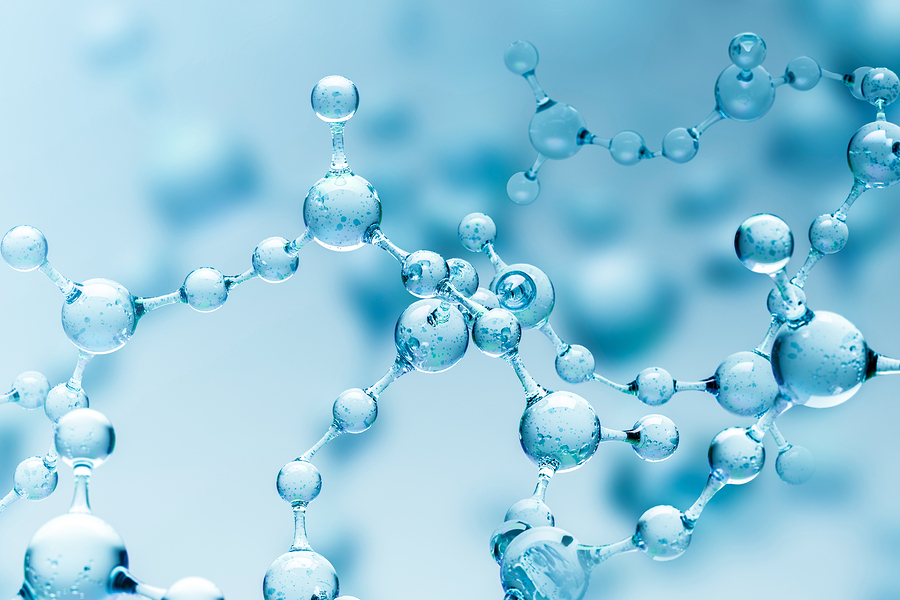Microbiologist, molecular biologist, bioinformatician, biochemist, etc. The world of biological sciences is vast and can lead to many professions… as well as some confusion! Here is a brief guide to view it more clearly.
In order to demystify the mysterious “bugs” that populate the world of biological sciences, Benoît Leblanc, a lecturer at the Université de Sherbrooke, immediately clarifies the subject of study: the living world. That said, there are many and complex living organisms, and so are the biological sciences disciplines.
Many disciplines
Indeed, with interest in the origin, evolution and characteristics of living things, the biological sciences touch various fields such as botany, zoology, ecology, physiology and genetics. These fields are then subdivided into dozens of specializations. These include health, scientific research, the environment, conservation of species and education.
Many professions
To add to this wealth, specializations in the biological sciences encompass different professions. For example, a biologist who specializes in the health field can become a molecular biologist, a microbiologist or a biochemist. “While the microbiologist is interested in microbes,” explains Benoît Leblanc, “the molecular biologist studies the functioning of cells. The biochemist, meanwhile, seeks to understand the chemical reactions that take place in living organisms.”
Similar skills
Surprisingly, “despite all this diversity,” says the expert, “biologists learn similar skills.” So whether you are a microbiologist or an environmental specialist, you learn to make cultures, take inventories, do analyses, controls and interpretations of the organisms studied, and write up reports. Of course, each workplace then requires the development of specific skills. For example, a biologist working in a research setting will have to set up experiments.
Several sectors of activity
It goes without saying that biologists are found in many industries, such as the agri-food, pharmaceutical, environmental and computer sectors. “Ten years ago, the pharmaceutical field was very popular. Today it’s more the environment,” points out Benoît Leblanc. The expert explains this change by the fact that governments and companies are more interested in behaving eco-responsibly. As a result, they employ biologists to do soil and water analyses, among others. “Bioinformaticians are also in demand,” he continues, “since their ability to analyze and interpret large amounts of data allows for innovation in all the other areas of biology.”
So the biological sciences are not complicated when looked at a little closer… like a biologist would do with his microscope.
- Special COVID-19 - A review of hirings and dimissals - May 2021
- Four inspiring examples of gamification
- A REVIEW OF HIRINGS AND DISMISSALS IN CANADA – APRIL 2021 (SPECIAL COVID-19)
- A review of hirings and dismissals in Canada - March 2021 (Special COVID-19)
- A review of hirings and dismissals in Canada - February 2021
